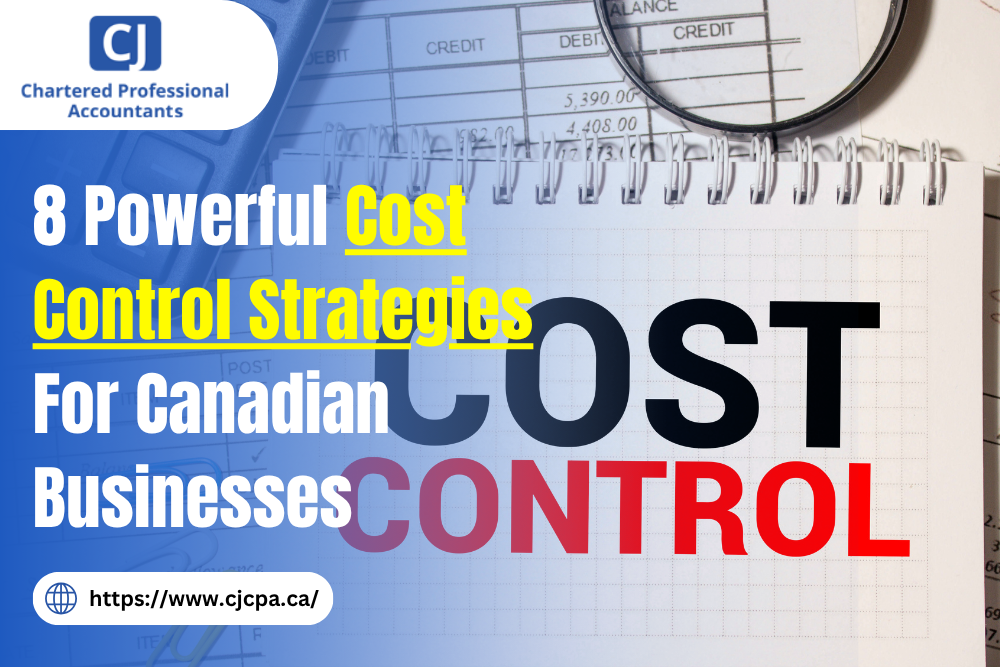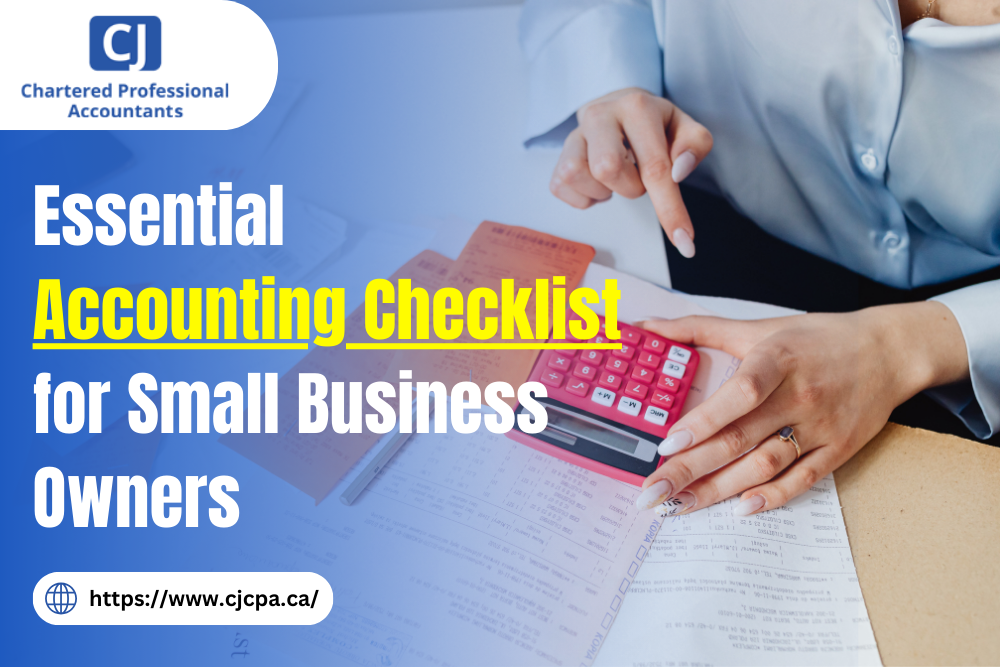06 Nov 2025
About 60% of Canadian small businesses report ongoing cash-flow issues with delayed invoicing, manual expense tracking and rising costs cited as major factors.
Yet strong financial discipline doesn’t mean simply cutting costs, it means applying smart cost control strategies in business that let you prioritise spending, eliminate waste and protect growth. In the sections ahead, we’ll walk through real-world ideas like expense management tips, business cost reduction ideas and budgeting for small businesses that actually deliver results.
TL;DR
What are the most effective cost control strategies in business? Effective cost control combines structured budgeting, real-time expense tracking, vendor negotiations, financial monitoring and smart use of technology. These strategies help businesses manage cash flow, reduce unnecessary expenses and improve profit margins without compromising quality or operations. When done right, cost control becomes a strategic function, giving business owners visibility, discipline and financial confidence to scale sustainably.
What Is Cost Control?
Cost control is the process of planning, monitoring and managing business spending to ensure resources are used efficiently and waste is minimized. The goal isn’t simply to cut costs, it’s to allocate funds intelligently so the business can operate smoothly and grow sustainably.
It involves budgeting, tracking expenses, comparing actual spending to planned budgets and making adjustments when needed.
Why Cost Control Matters for Growing Businesses
Protects Cash Flow
Steady cash flow keeps operations running smoothly, even during slower sales cycles. Cost control helps avoid liquidity issues and short-term borrowing.
Strengthens Profit Margins
Consistent review of expenses helps identify areas to reduce spending and improve profits, even without increasing revenue.
Enables Better Budgeting & Forecasting
Accurate spending data supports clear financial planning and more confident investment decisions.
Supports Sustainable Growth
Disciplined cost control prevents overextension, allowing businesses to scale responsibly and avoid financial stress.
Core Pillars of Effective Cost Control
Budgeting for Small Businesses
A well-structured budget acts as the financial roadmap, setting clear spending limits and aligning resources with business goals.
Expense Tracking & Real-Time Monitoring
Monitoring expenses continuously helps catch overspending early and maintain discipline across departments.
Financial Reporting & Performance Reviews
Regular financial statements and variance analysis help assess performance and spot trends or inefficiencies quickly.
Internal Controls & Approval Workflows
Approval systems prevent unauthorized or unnecessary spending and reduce errors or fraud.
Proven Cost Control Strategies in Business
Review and Prioritize Operating Expenses
Analyze recurring expenses and categorize them into essential and non-essential to identify cost-saving opportunities.
Negotiate with Vendors & Suppliers
Negotiating terms, rates or bulk discounts or exploring alternative suppliers, can significantly lower operating costs.
Optimize Process Efficiency
Streamline workflows, reduce redundancies and implement lean practices to control labor and operational expenses.
Outsource Non-Core Functions Where Efficient
Hiring external experts for accounting, IT, payroll or marketing can be more cost-effective than hiring full-time staff.
Reduce Waste & Idle Costs
Avoid paying for unused subscriptions, underutilized assets or excess inventory.
Leverage Technology & Automation
Modern tools for payroll, accounting, invoicing and expense tracking reduce manual work and minimize errors.
Improve Inventory & Procurement Management
Just-in-time purchasing, inventory forecasting and approved-vendor lists help prevent excess stock and procurement waste.
Implement Spending Limits & Approval Policies
Clear spending rules and tiered approvals ensure accountability and control over discretionary expenses.
How a CPA Firm Helps Strengthen Cost Control
A professional accounting partner adds structure, oversight and strategic insight to your finances.
Financial Reporting & Cash Flow Analysis
Accurate reports and ongoing analysis help business owners make timely and informed financial decisions.
Budgeting & Cost Forecasting
Accountants help build realistic budgets and forecasts that align spending with business goals.
Tax Efficiency & Compliance
Strategic tax planning reduces tax liabilities and prevents unnecessary penalties.
CFO-Level Advisory for SMBs
Fractional CFO services bring advanced financial strategy without the cost of a full-time executive.
Conclusion
Cost control isn’t about cutting corners, it’s about strengthening financial discipline, improving resource allocation and creating a more resilient business. With the right systems in place, you gain clarity, confidence and long-term stability.
At CJCPA, we help small and medium-sized Canadian businesses build strong financial systems through structured budgeting, cash-flow management, accounting, payroll, tax planning and advisory. Our team ensures every dollar is optimized so your business can grow with confidence.
FAQs
Q1. What are the most effective cost control strategies in business?
Regular budgeting, real-time expense tracking, supplier negotiation and process efficiency.
Q2. How can small businesses improve profit margins?
Monitor expenses closely, use automation and review financial reports regularly to cut unnecessary costs.
Q3. What is the difference between cost control and cost cutting?
Cost control is ongoing and strategic; cost cutting is short-term and often reactive.
Q4. Why is budgeting important for small businesses?
It helps prevent overspending, supports planning and ensures funds are allocated efficiently.
Q5. Can an accounting firm help with cost control?
Yes, professional firms support budgeting, forecasting, reporting, tax efficiency and strategic advisory to strengthen financial discipline.



